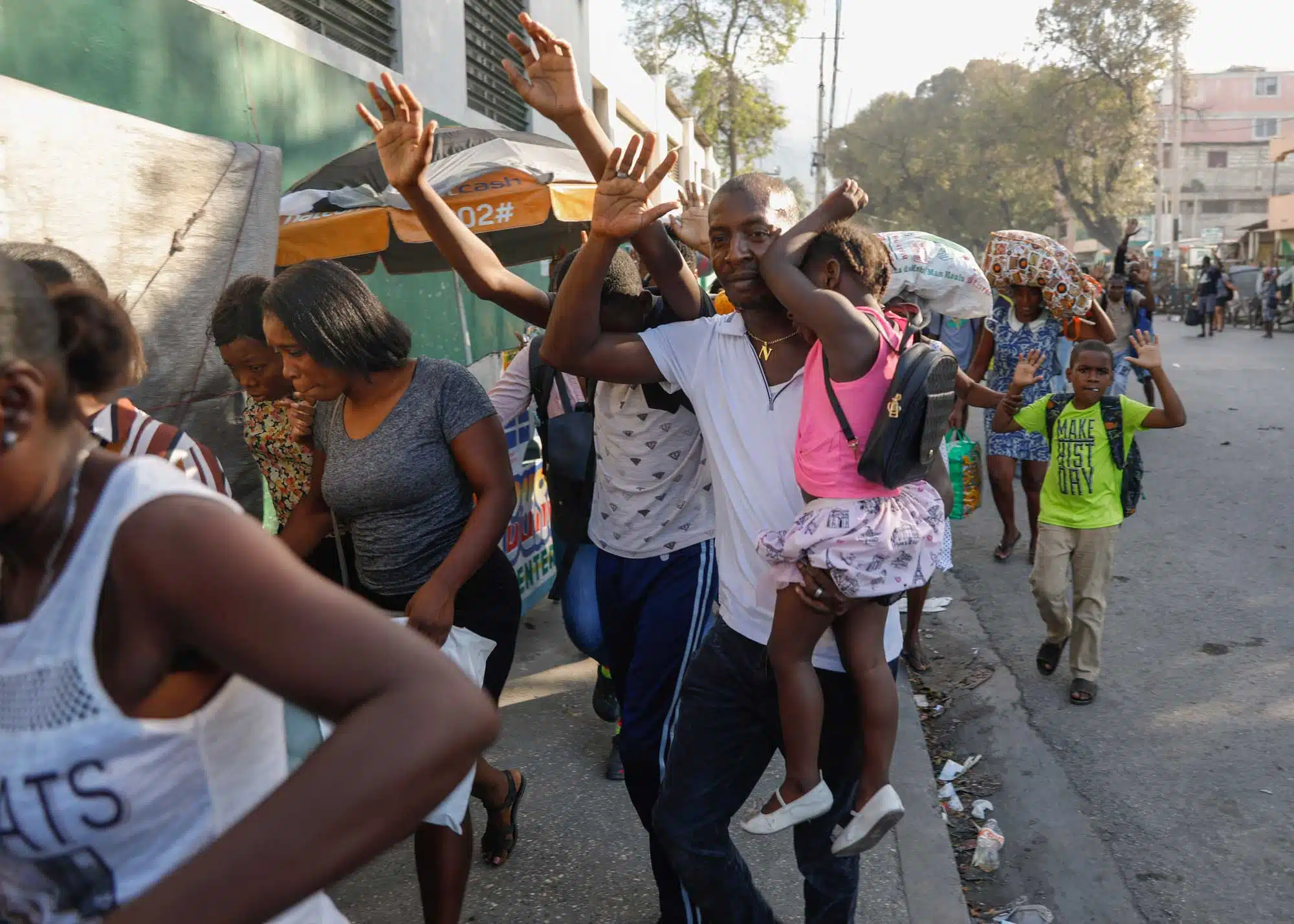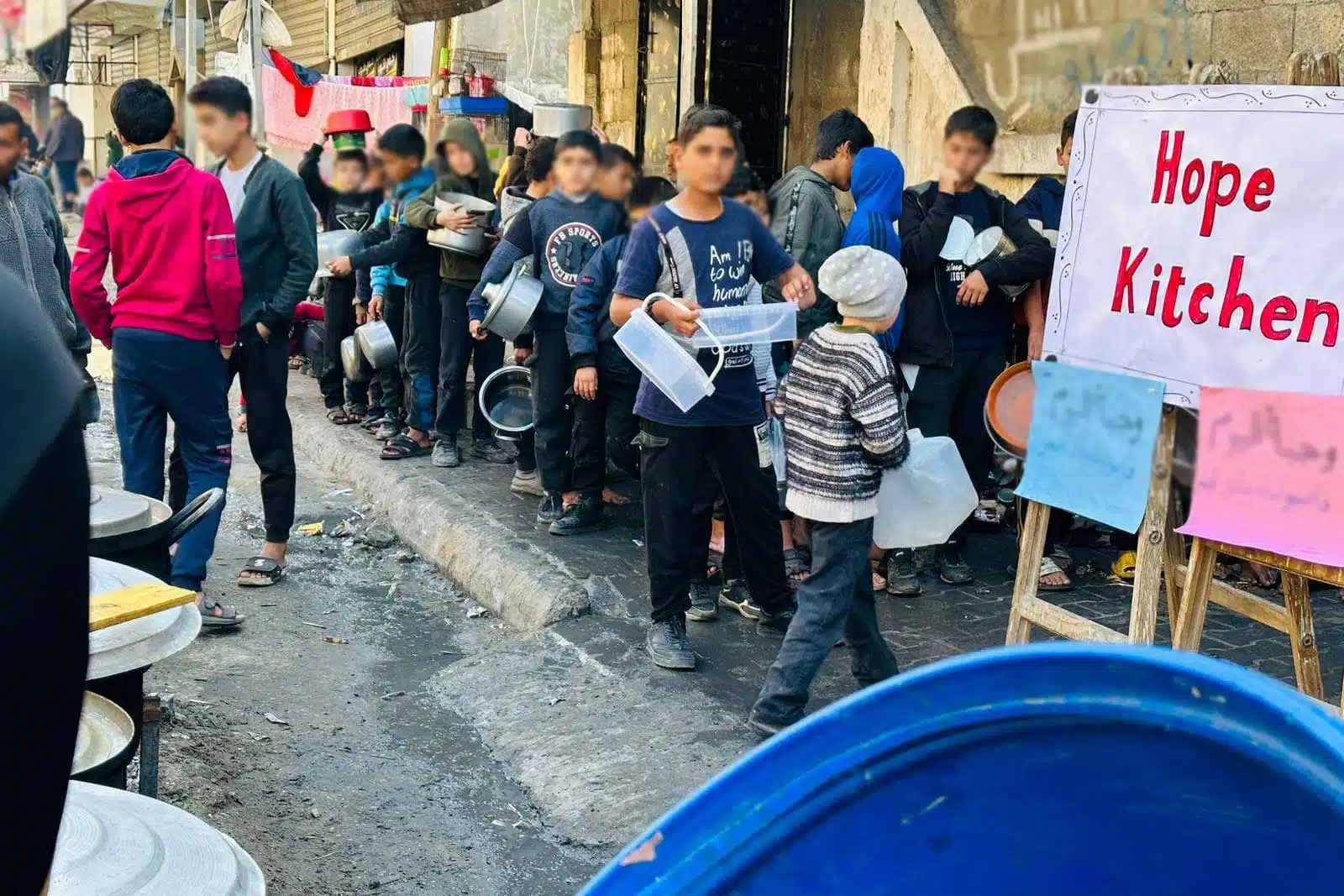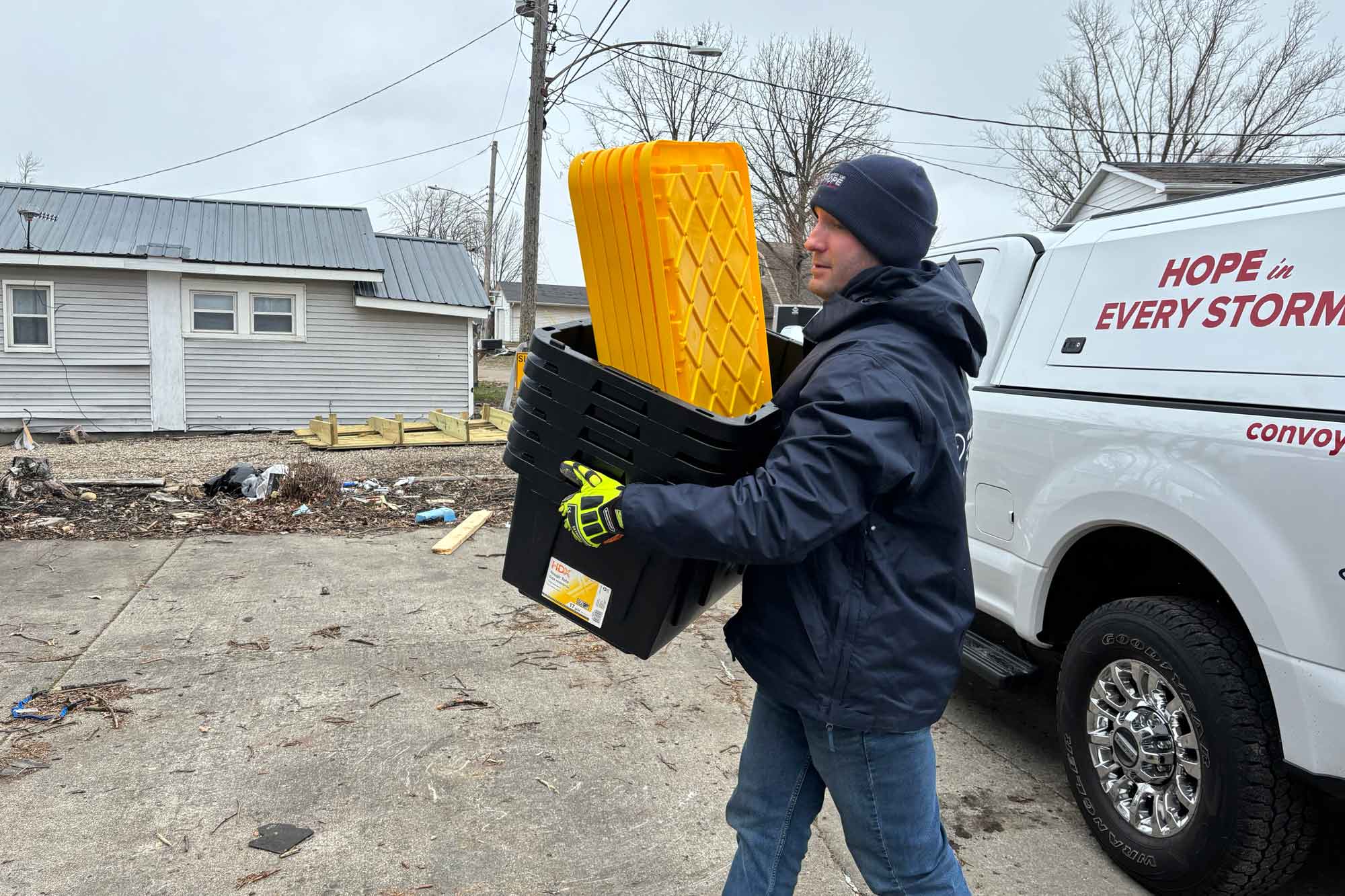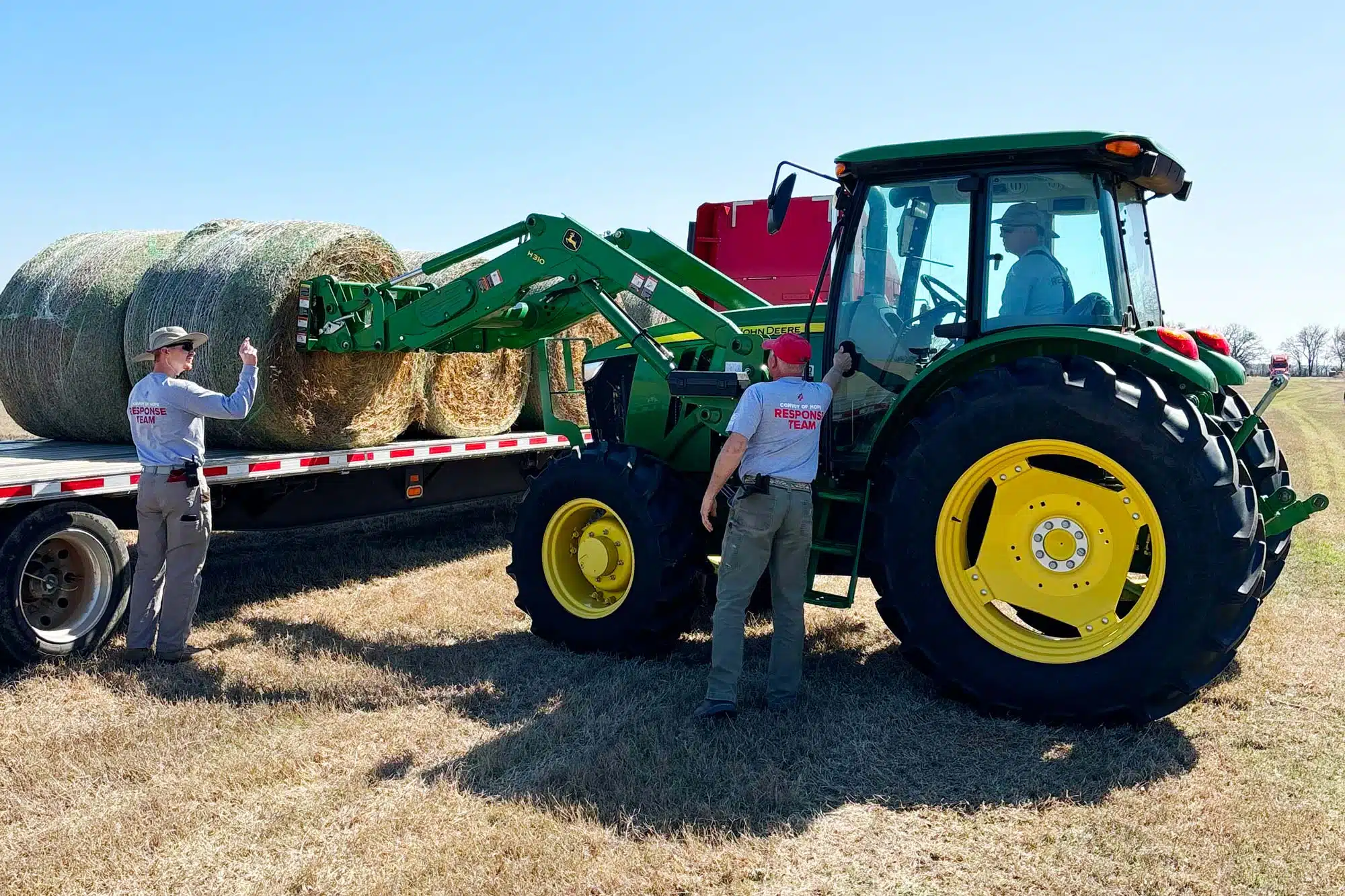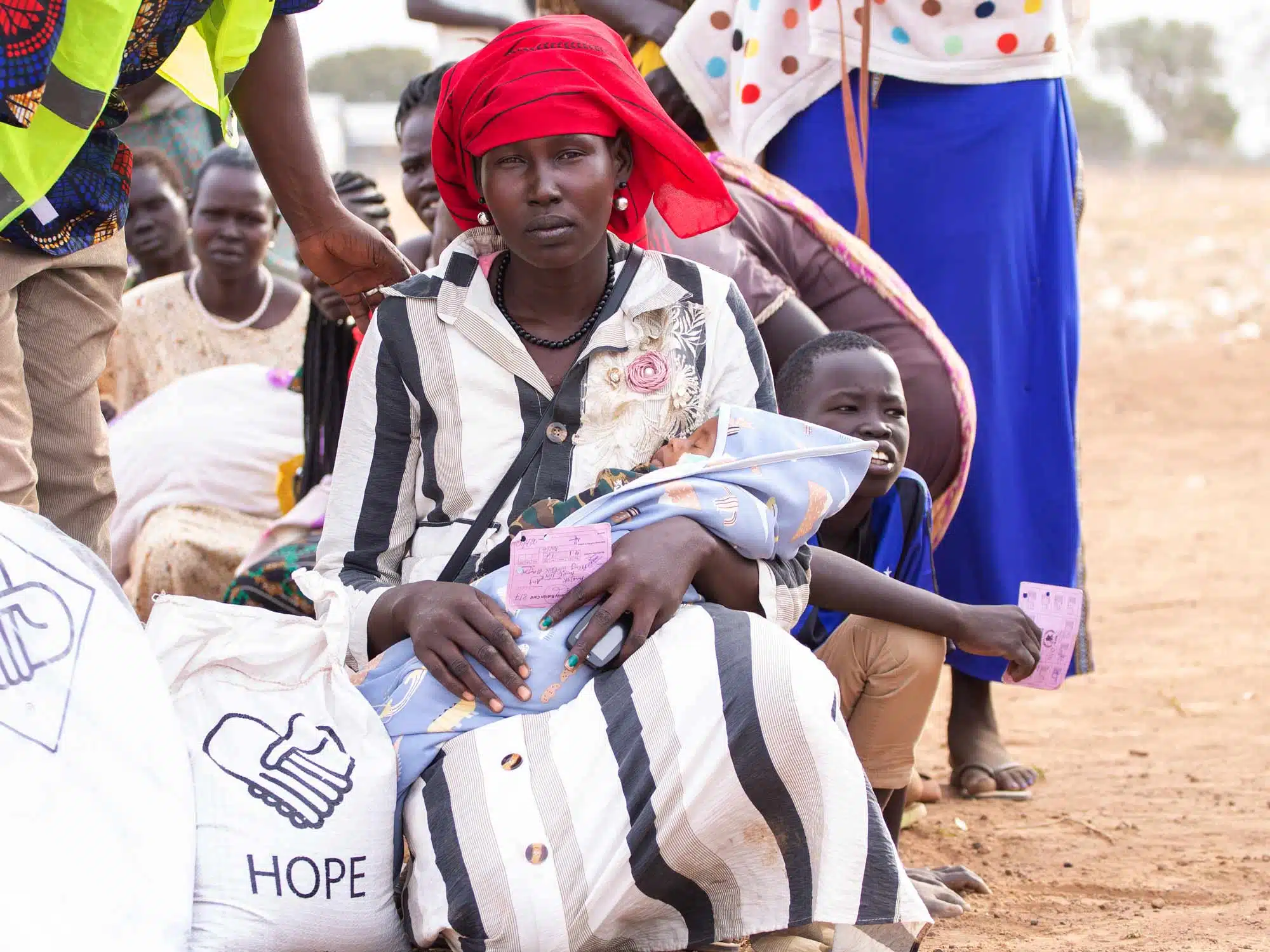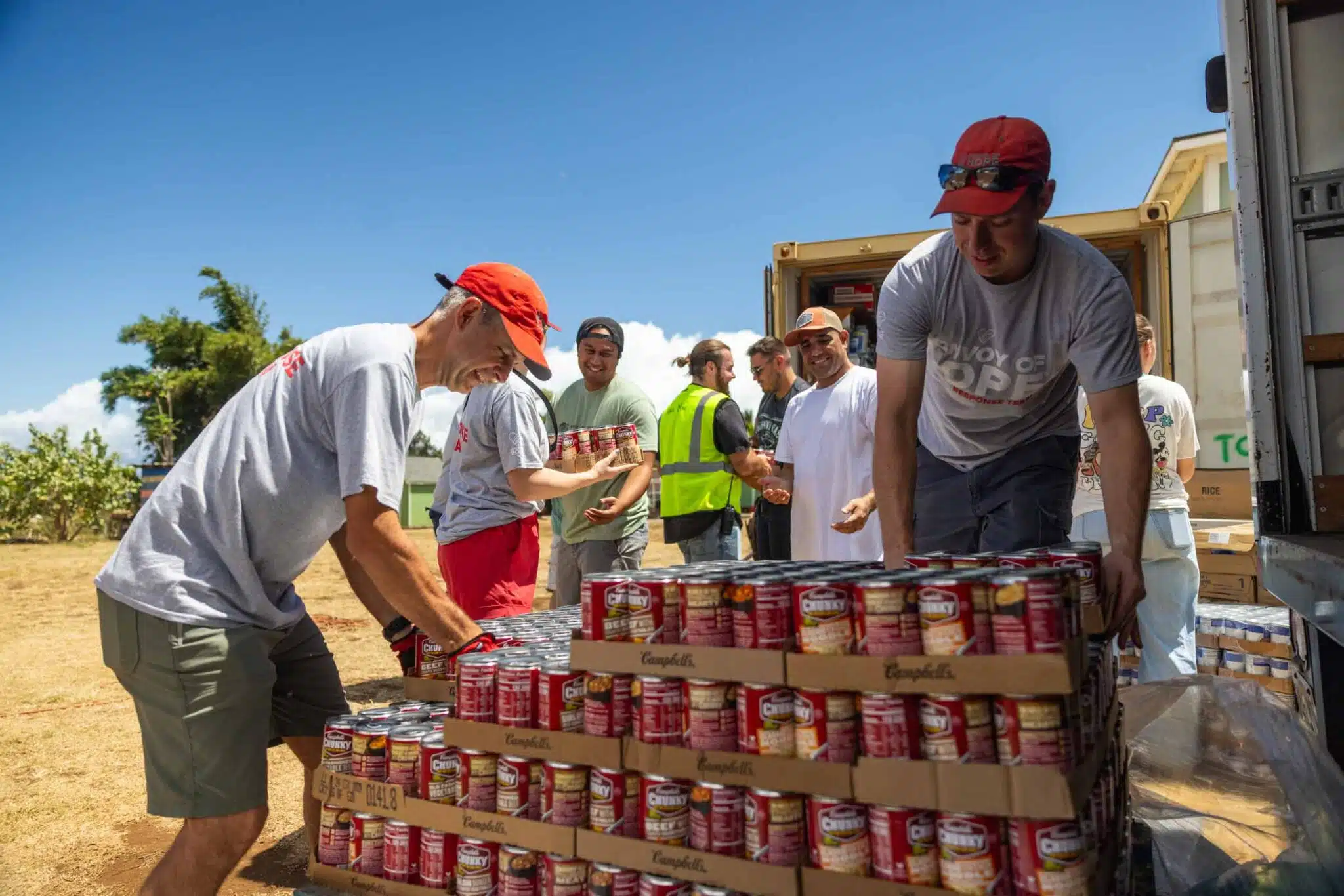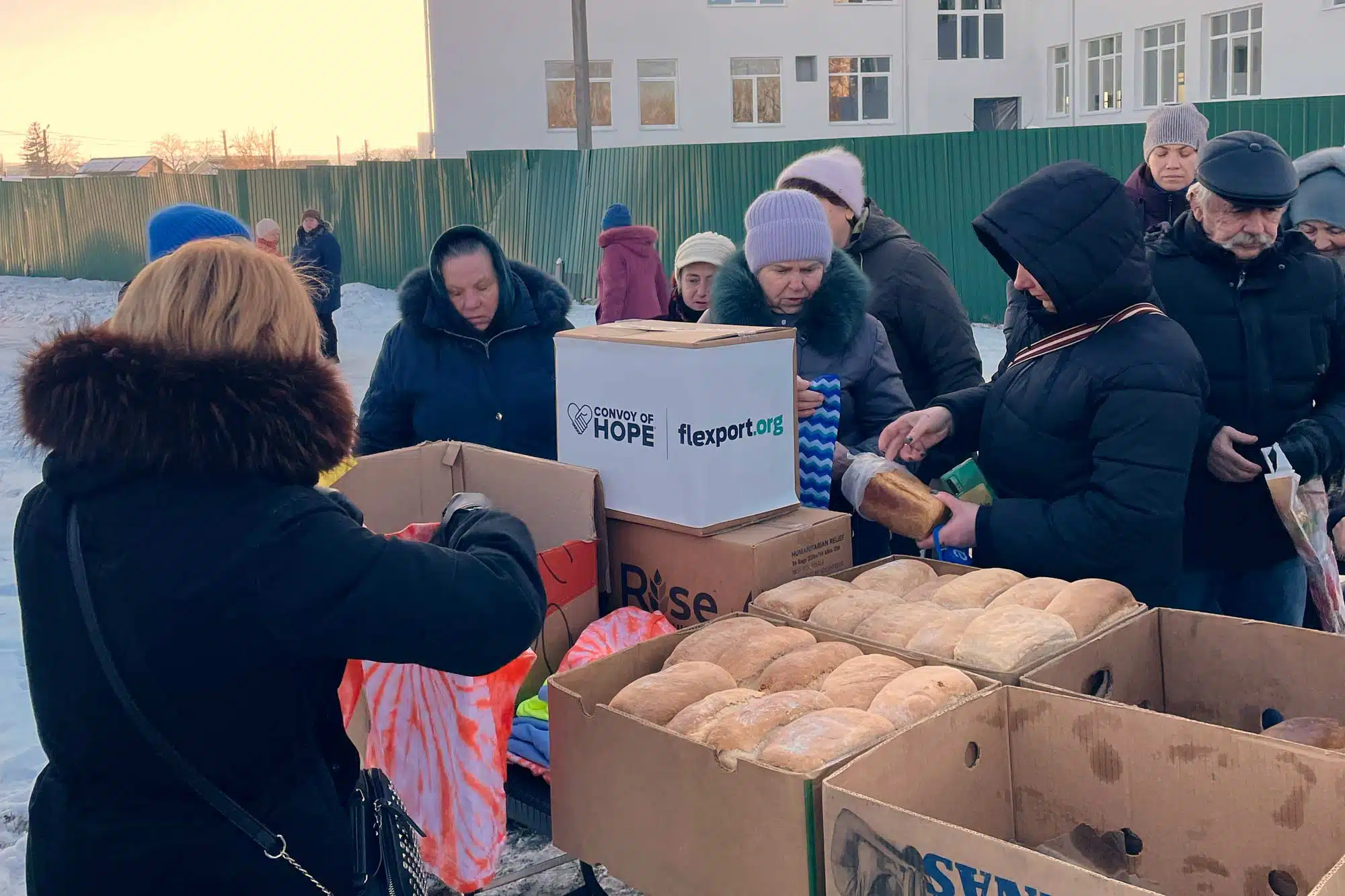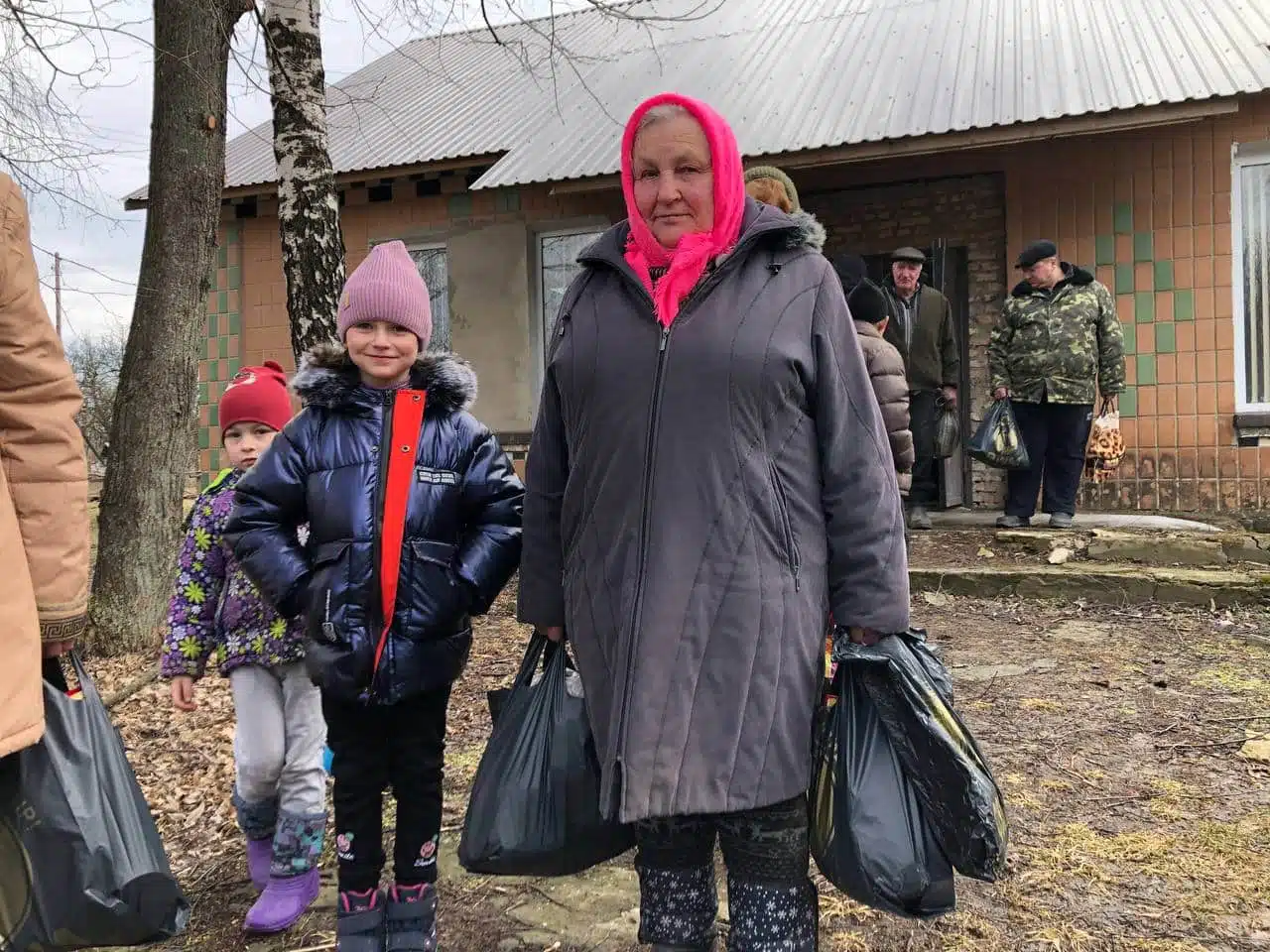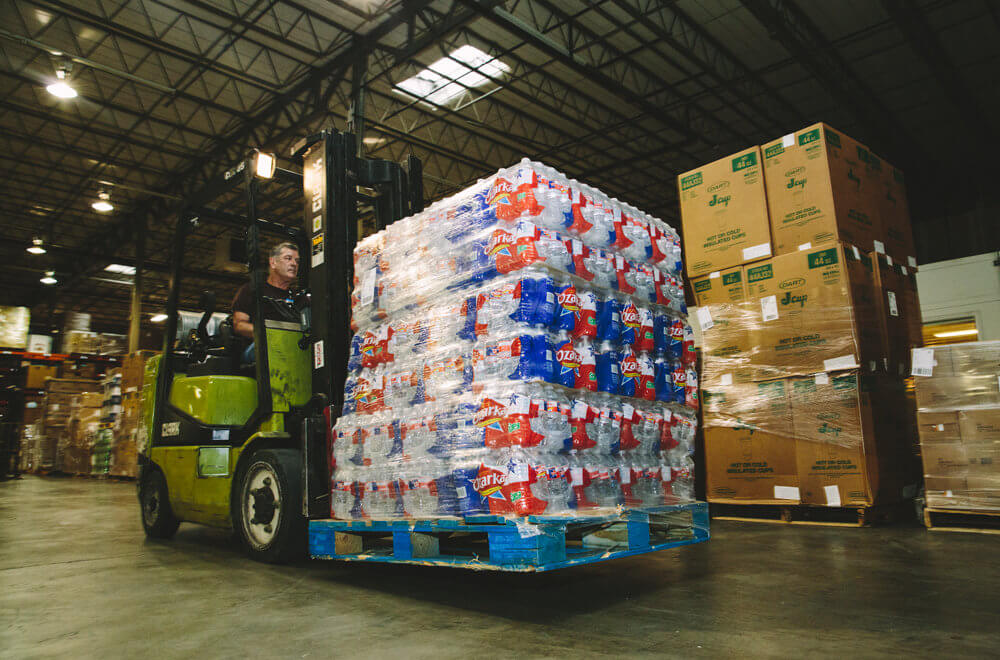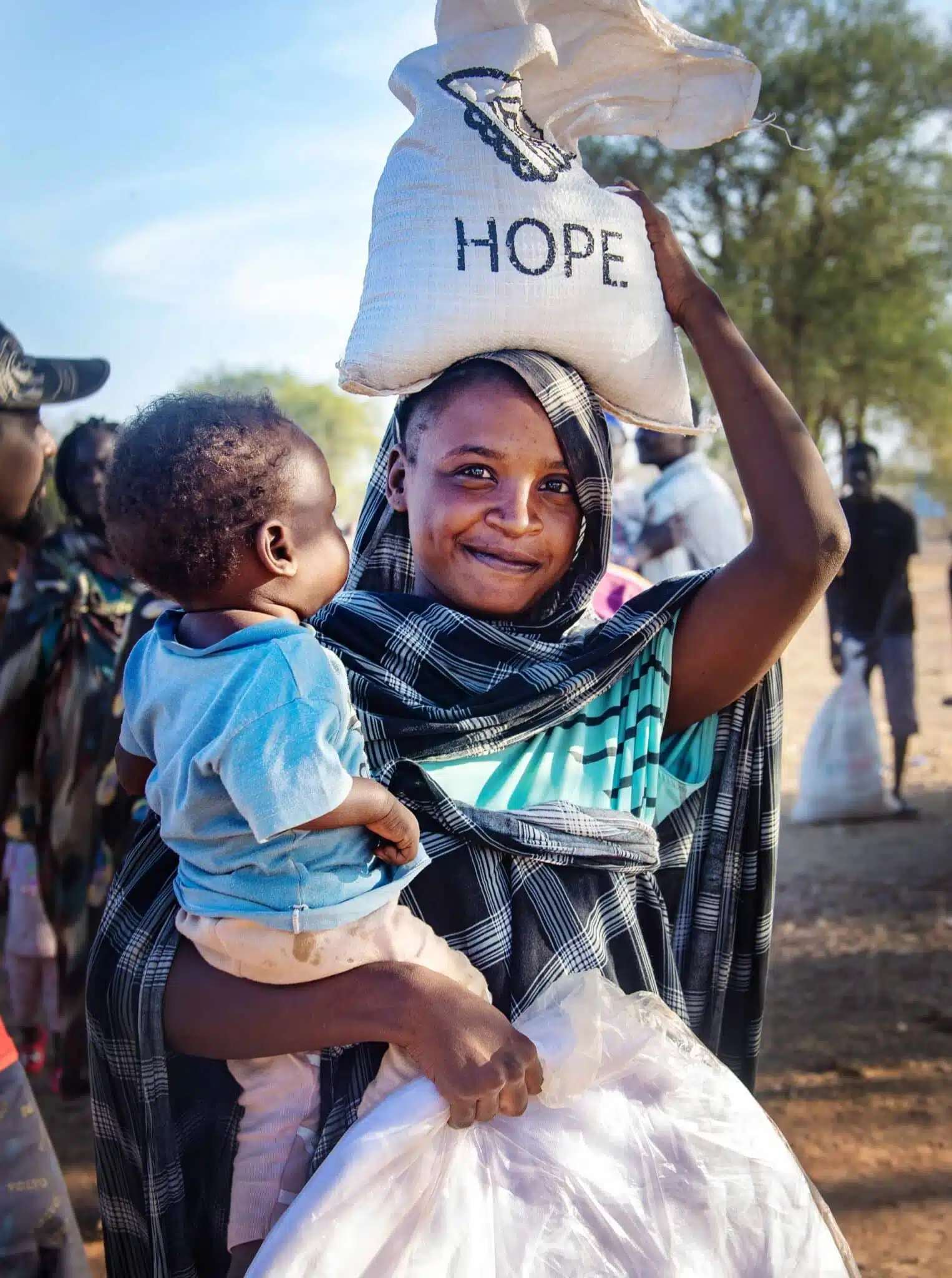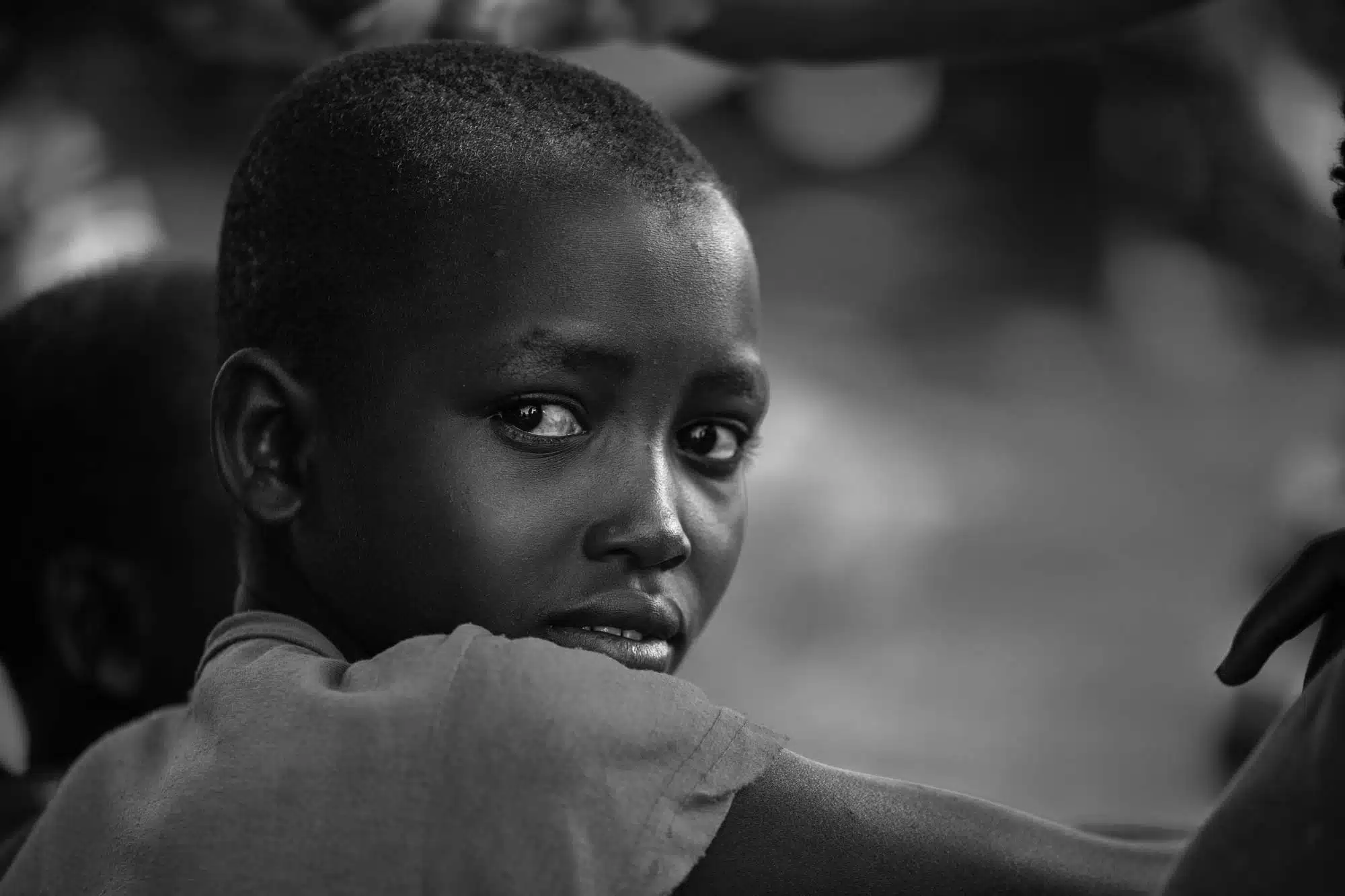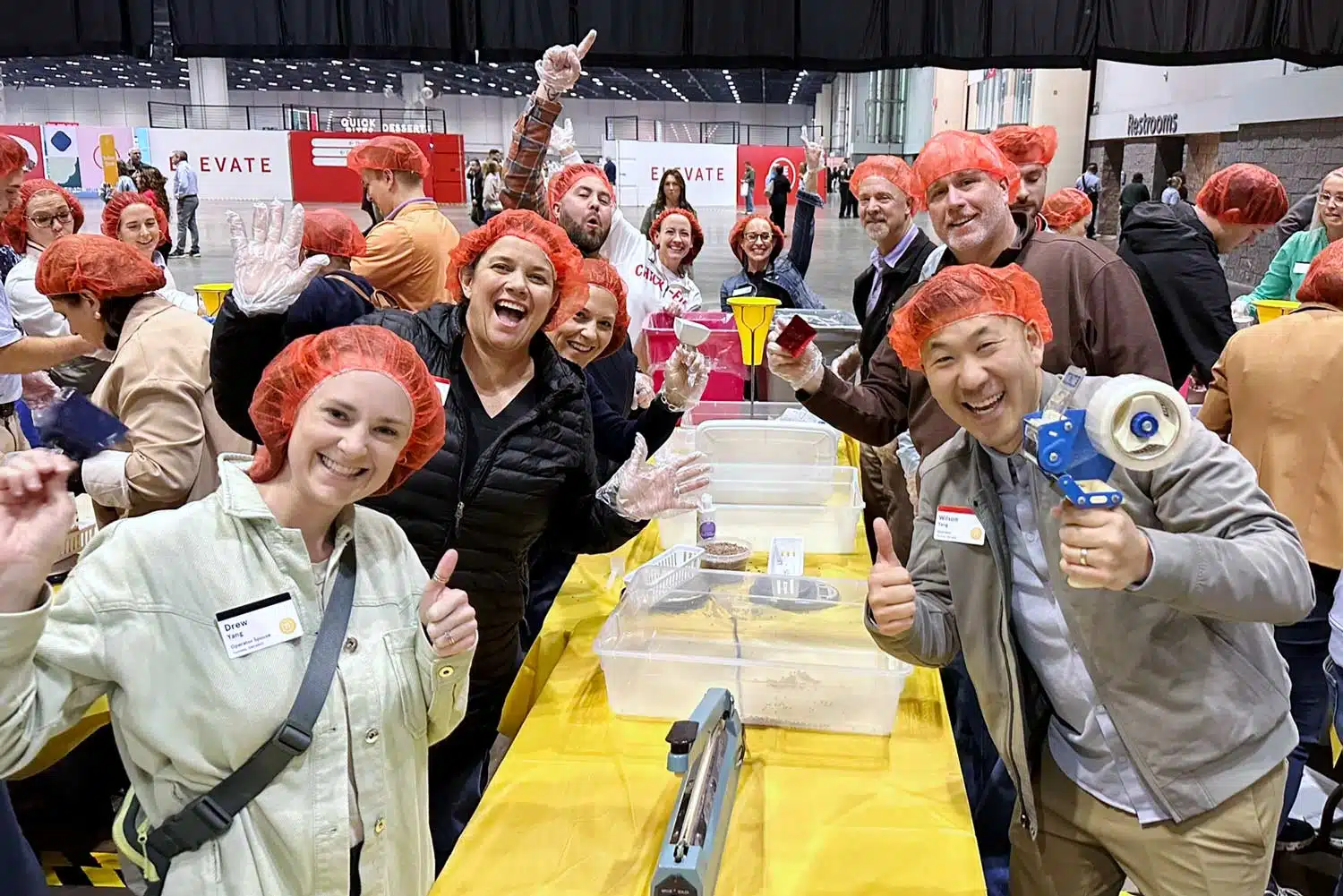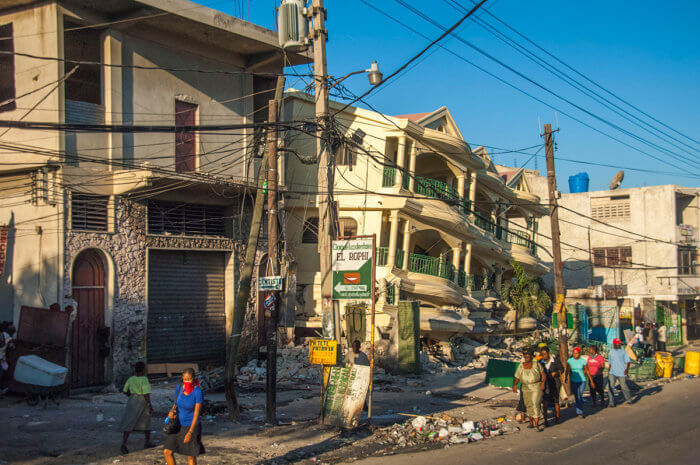
By Kevin Rose
In early 2010, I was working for Convoy of Hope in Haiti. Things were normal. I was finishing up hosting guests from the U.S. and waiting for a Field Team to arrive two days later. But late that afternoon, as I stood on the balcony of a friend’s home, everything changed.
My memories of the January 12 earthquake are ones that will always be with me. I’ll never forget the sound of moving earth and crashing buildings. Of mothers wailing in the street. Of the look on peoples’ faces as they tried to process what was happening.
Although my assignment at Convoy of Hope was not for Disaster Services, I found myself at ground zero for one of the largest natural disasters to hit the Western Hemisphere. I pushed through my mental haze and began working with our partners in Haiti to assess the situation, determine food inventory, and identify a base of operations for in Port-au-Prince.
Thankfully, within 48 hours of the shaking, I was welcomed by the sight of my Convoy of Hope colleagues crossing the tarmac of the airport. They brought a sense of calm that I hadn’t felt since the ordeal began. I was eager to step out of the way and place the reins of the response in their very capable hands.
We all witnessed the sadness and desperation that took hold throughout the island in the days and weeks that followed. It got so bad that many families were forced to place the lifeless bodies of their loved ones in the street to be collected and placed in mass graves.
But we also saw the amazing power of hope. A strength rose up in the Haitian people, who had already endured so much, and they picked themselves up and moved into their new “normal.” The overwhelming global response to the calamity showed them that they weren’t ignored or forgotten. They would make it.
When the earthquake struck, Convoy of Hope and our partners were already invested and committed to Haiti, and were feeding more than 13,000 kids. The overwhelming need after the earthquake propelled us forward and forced us to fast track our plans in the country. In 2019, we are feeding more than 90,000 children in Haiti.
Tragedies don’t often give people the chance to do anything but survive. That’s why we hope to look beyond the immediacy of a disaster and toward a day when survivors can participate in the rebuilding of their communities. That’s what Haiti has been for us. We were honored to come alongside Haitians and serve when they needed us most. But we’re most proud of when they came back alongside us as participants … as partners on Haiti’s journey.
